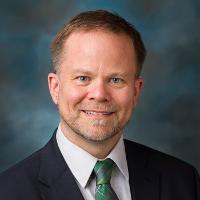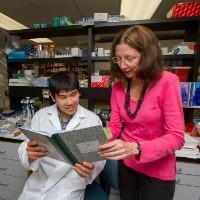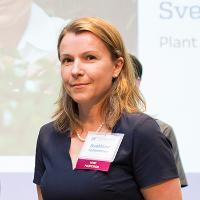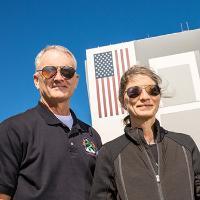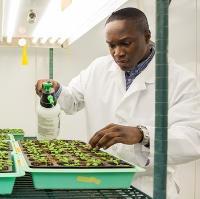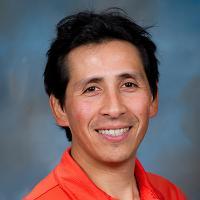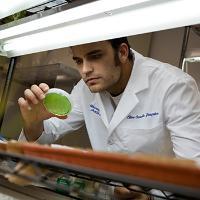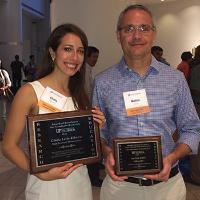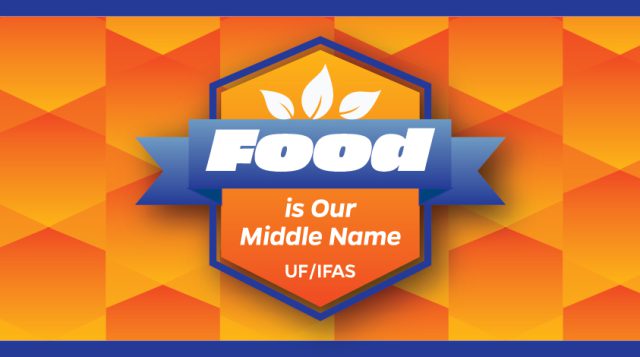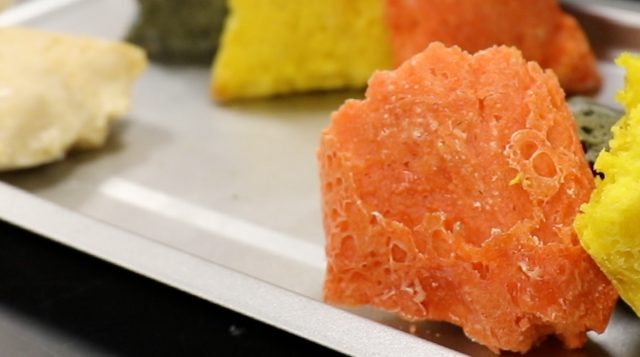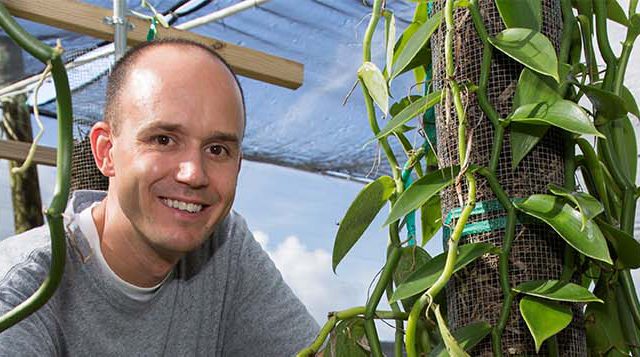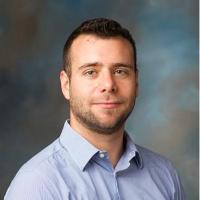
Francesco Cappai
One of our outstanding PMCB Ph.D. students, Francesco Cappai, has been awarded a 2018 Foundation for Food and Agricultural Research (FFAR) fellowship. This prestigious program combines cutting-edge food and agricultural-related research with innovative professional development designed to help Ph.D. students be career-ready upon graduation. This $.2.7 million commitment is matched by a consortium of industry leaders that will equip students with the skills needed to excel in today's challenging and fast-paced work environment. Francesco was selected among 17 other students across the country and will receive $10,000 per year toward professional development activities.
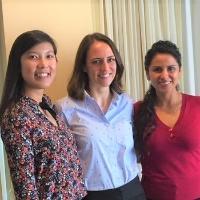
2018 PMCB Workshop
Ann Bernert (middle), in Gilles Basset's lab, was awarded a $1,000 first-place award for best presentation during our 2018 PMCB Annual Workshop. Minh Dao (left), in Svetlana Folimonova's lab, and Natalia Salinas (right), in Vance Whitaker's lab, each received a $500 runner up award. These awards are designed to help graduate students cover travel expenses to conferences and other scientific and professional development events. The competition is open to all UF students participating in the workshop, regardless of affiliation.
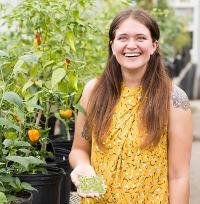
Nicole Beisel
Nicole Beisel, a first year PMCB student, has recently been featured on UF's main page in the story Meet the scientist who wants to use GoPro cameras to grow food on Mars. Beisel's research involves making sense of immense, complex sets of genetic data for the UF Space Plants Lab - a team focused on growing plants in zero gravity. But it's Beisel's side project that she calls "simply cool" and will one day help the first greenhouses thrive on Mars. Not many plant biologists can say their research has the potential to help gardeners on Earth as well as Mars, and that's why Beisel chose PMCB at UF.
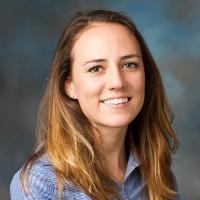
Ann Bernert
Ann Bernert is among the 2,000 students who received the prestigious National Science Foundation (NSF) Graduate Student Research Fellowship in 2018. Fellows receive a stipend of $34,000 along with a $12,000 allowance for tuition and fees for three years, opportunities for international research and professional development, and freedom to conduct their own research without funding worries. Ann will be able to pursue a career in science and share research discoveries with the public. "I'm so grateful for the support I've had," Bernert said. "I'm grateful to the PMCB program and Dr. Gilles Basset who spent a lot of time working with me on the application."
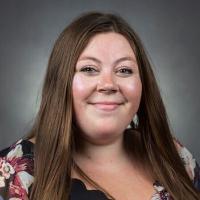
Hope Hersh
Hope Hersh entered into NASA’s Deep Space Food Challenge with her idea, space bread. It was one of 18 chosen proposals to win a cash prize of $25,000. This money will help further develop her idea. Hope came up with the idea to store the ingredients required to make the bread dough and to bake the dough in. Hope stated that "the bags are made of fluorinated ethylene propylene, or EFP plastic, so it can operate anywhere from minus two hundred degrees Celsius to plus two hundred degrees Celsius." Learn more about the space challenge here: Deep Space Food Challenge.











